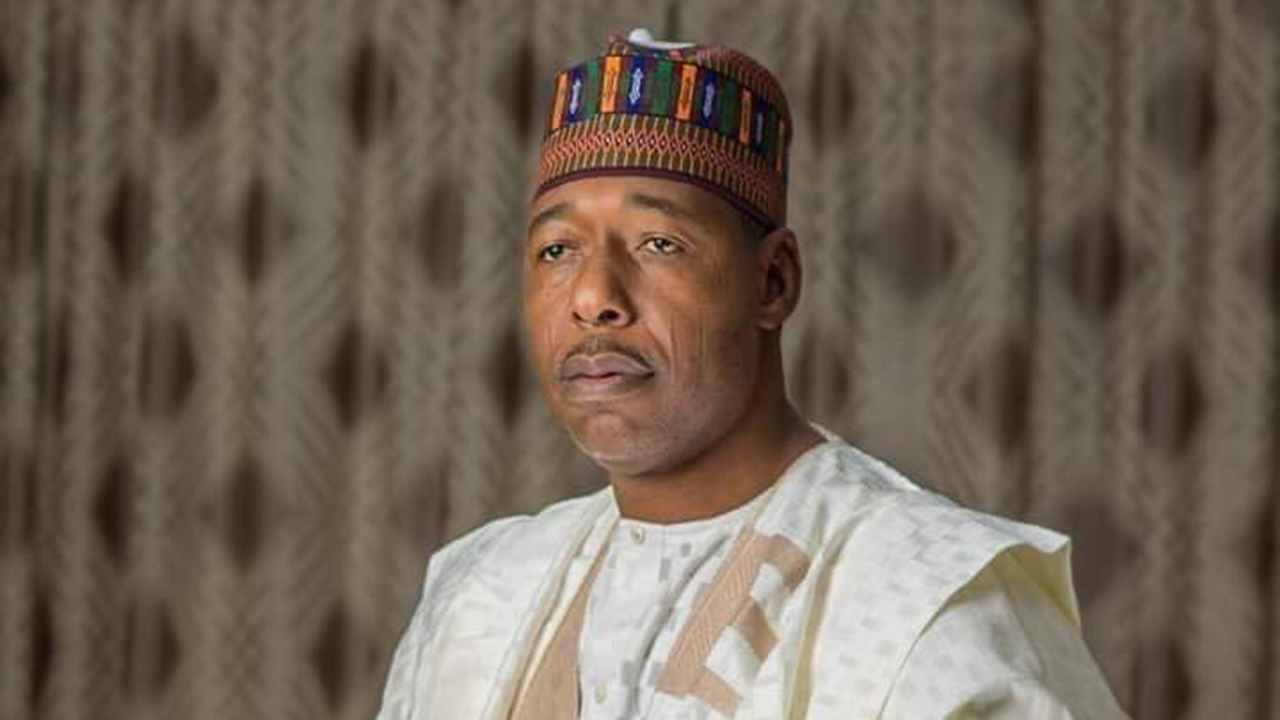MAIDUGURI, Nigeria — Borno state’s government has issued a decree enforcing a new dress code for Muslim students in all its secondary schools, effective from the first term of the 2023/2024 academic session.
Bukar Mustapha-Umara, Director of School Management in the state Ministry of Education, outlined the new policy in a statement issued in Maiduguri on Thursday, May 18, 2023.
As part of the dress code, Muslim female students will be required to wear trousers, a quarter blouse, a head tie, and a himar (veil) while in school.
“This dressing code is compulsory for all Muslim female students all over our secondary schools in the state,” Mustapha-Umara said.
“However, for Christian female students, the new uniform is optional. They can retain their existing dress code or shift to trousers.”
This declaration comes amid heated debates around religious expression in educational institutions and gender norms in Nigeria. The shift could likely usher in both acceptance and backlash.
In an explicit directive to the principals of all state secondary schools, the director emphasized the necessity for full compliance with the new dress code.
Mustapha-Umara has urged parents and guardians to make the necessary preparations for the new uniform before the commencement of the upcoming academic year, stating, “it’s a step towards preserving our cultural identity while ensuring the comfort of our students.”
The new uniform policy signifies an intricate balance between maintaining religious norms, cultural identity, and educational mandates.
It also underscores the complex, often delicate relationship between religion, education, and the state in Nigeria’s predominantly Muslim northern region.
While critics may argue this decision infringes on personal liberties, others see it as a vital move towards maintaining religious harmony, particularly in a region that has seen its share of religious tension.
Regardless, the Borno government’s recent policy undoubtedly sets a significant precedent in Nigerian educational policy and the broader discourse of religious expression within schools.







